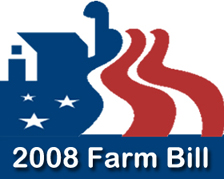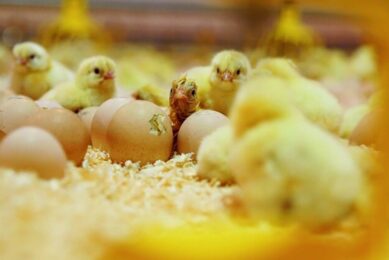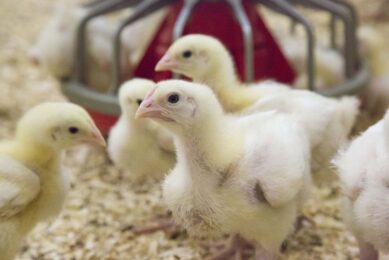Rabobank predicts sharp decline in meat and poultry production

US meat and poultry production is headed for what could be a “precipitous fall” by mid-2012 according to Rabobank International Food & Agribusiness Research and Advisory (FAR) group researchers.
The Dutch financial institutes latest study entitled “Where’s the Beef?”, released Sept. 29, states although drought in the US is a major contributor to the production decline, global meat and poultry production is also in the midst of a multi-year process of adjusting to higher and more volatile feed costs. Since the US is a large and significant exporter of meat protein, the decline will also affect world markets as well as demand for feed, notably for corn.
Per capita meat consumption in the US appears to have peaked, the report says. The poultry industry, in particular, should no longer count on rising domestic demand as a means of growing its way out of over-production situations. However, a rising GDP in the developing world is contributing to an increasing global for meat protein.
“The greater global demand for meat protein is the key driver to rising feed costs, which in turn drive up the cost of raising animal protein,” says David Nelson, global strategist with Rabobank. “Global meat and poultry production continues to significantly lag GDP growth, which is, of course, the key factor behind rising prices.”
According to the report, the US broiler industry is suffering some of its worst-ever financial losses. Despite some cutbacks in bird production, profits will remain under pressure into early 2012 as bird weights have provided a significant offset plus due to a large increase in breast meat inventory, the study predicts.
Barring further market dislocation, the report suggests the industry can return to profitability some time next spring – but only if the more aggressive cutbacks that FAR expects actually take place.
Join 31,000+ subscribers
Subscribe to our newsletter to stay updated about all the need-to-know content in the poultry sector, three times a week. Beheer
Beheer








 WP Admin
WP Admin  Bewerk bericht
Bewerk bericht